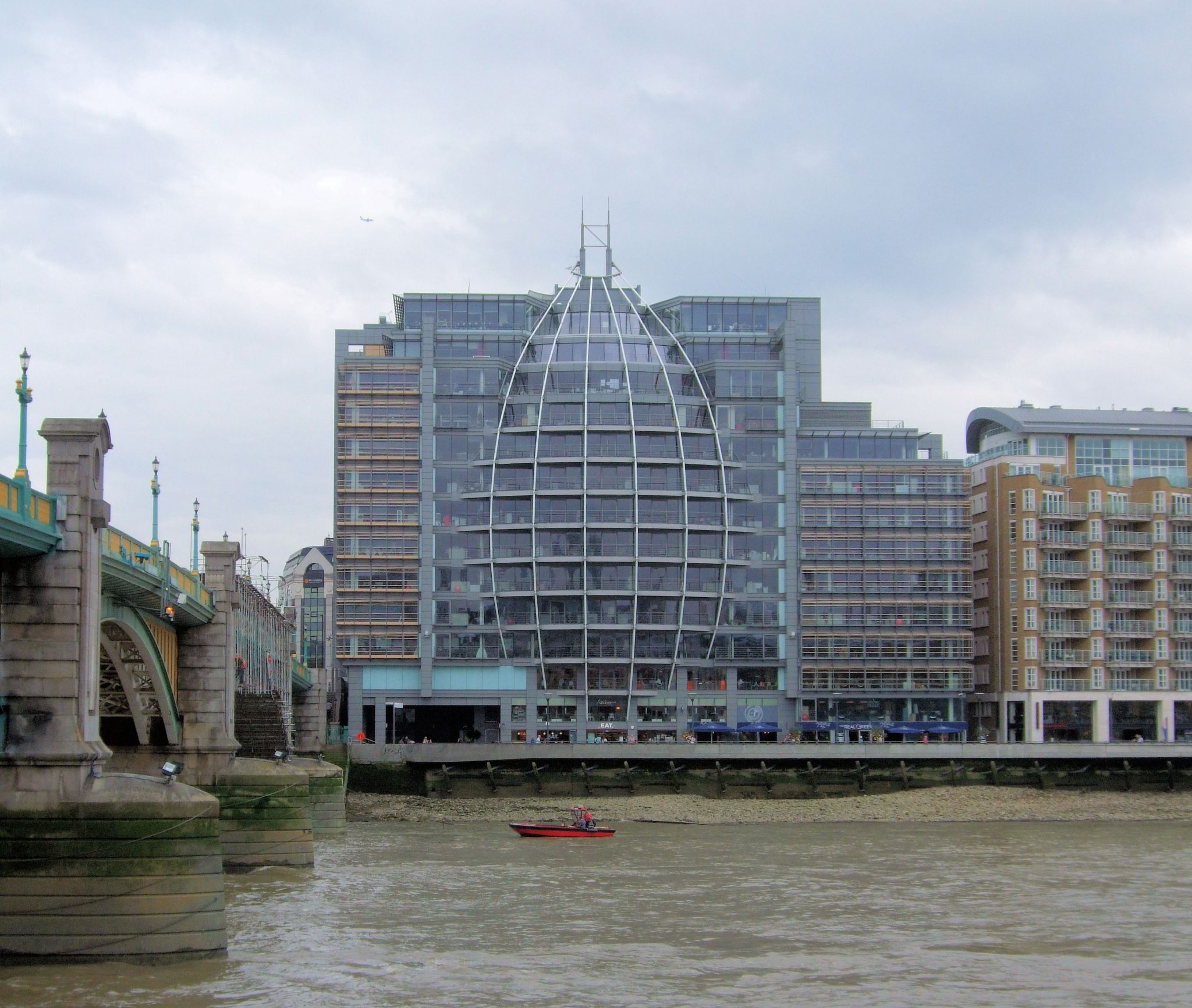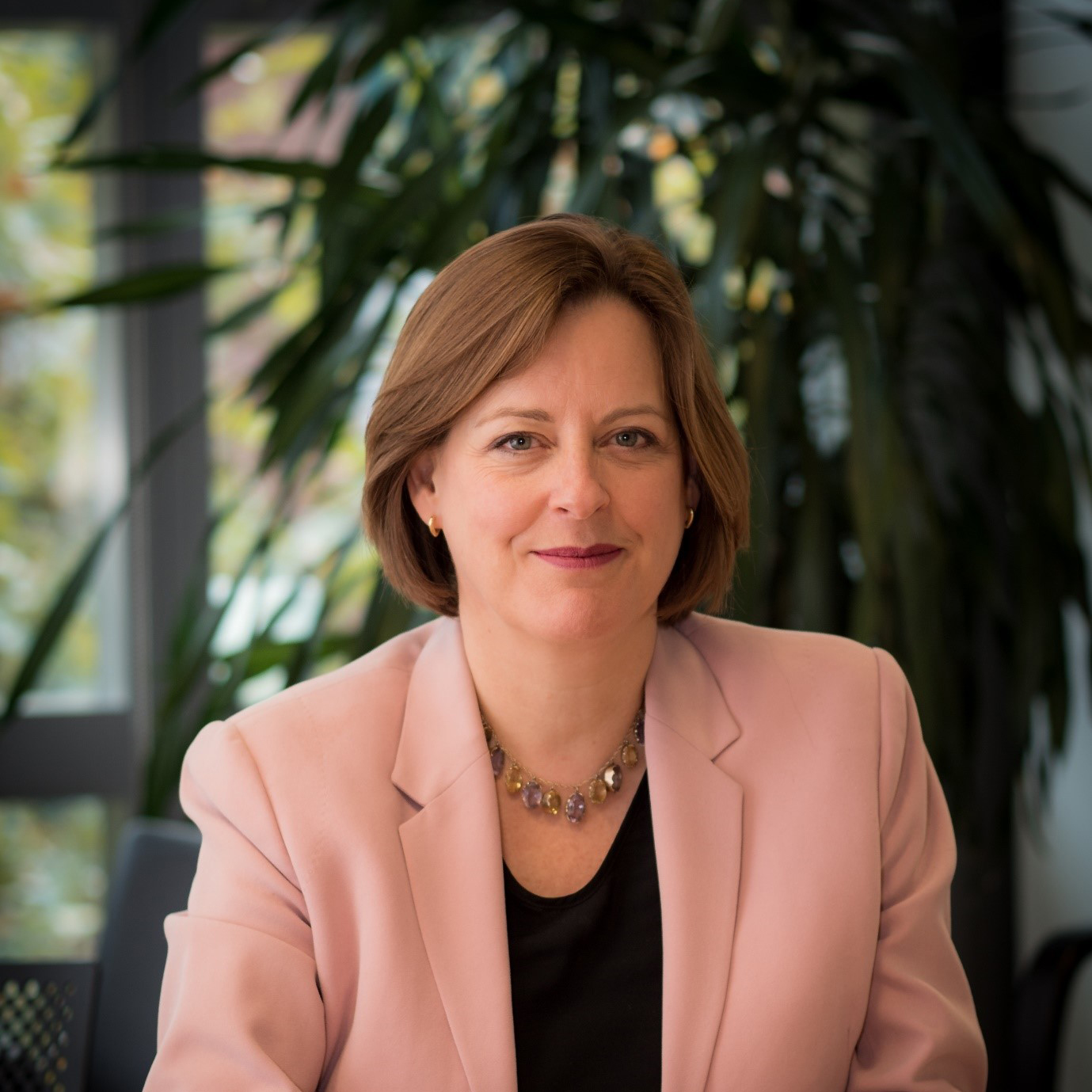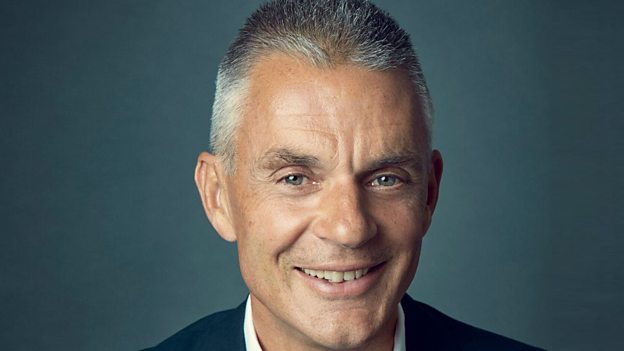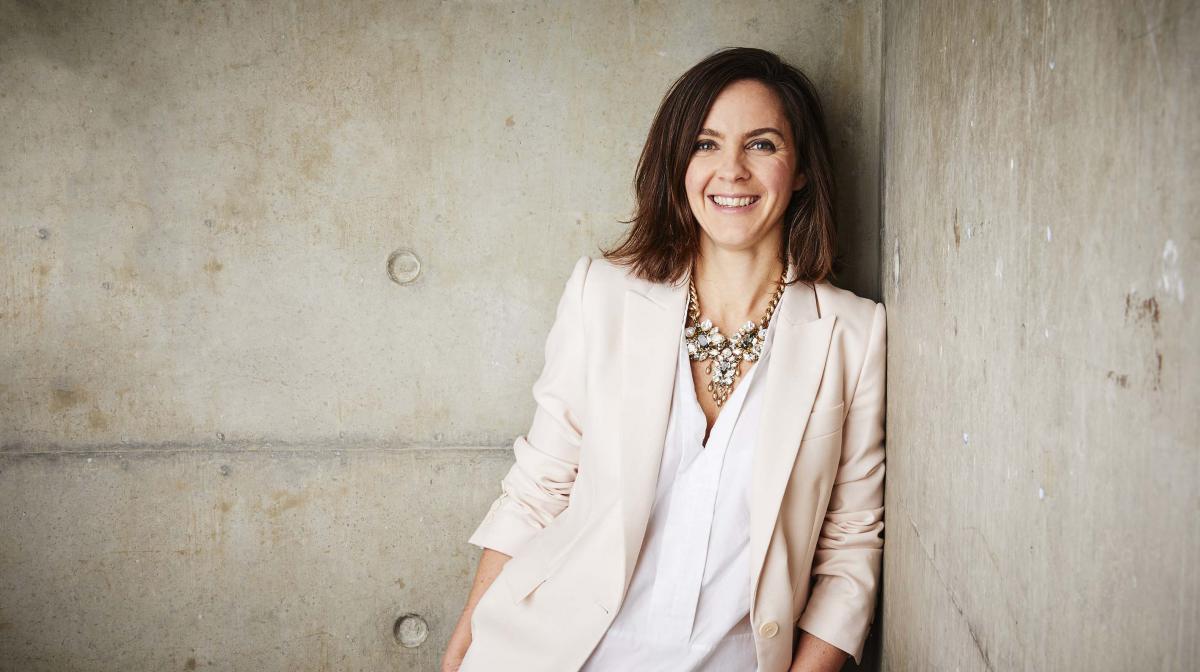
After more than 40 years of operation, DTVE is closing its doors and our website will no longer be updated daily. Thank you for all of your support.
Breaking down what Ofcom’s ‘vision for the future’ means for public service broadcasting in the UK

Ofcom’s London HQ
The UK’s broadcasting regulator Ofcom sent out a stark warning this week that the country’s traditional public service broadcasters need a radical shakeup to laws and regulations in order to survive in an online world.
On the basis that the existing rules and regulations are outdated and stem from the early days of the internet in 2003, Ofcom’s review of public service broadcasting puts the sector at a critical juncture.
And it is hard to argue against this being a pivotal moment in time for the sector. Already challenged by the much more dynamic and cash-rich international players like Netflix and Discovery, PSBs have seen the heat turned up even more by the impact of the Covid-19 pandemic.
The irony of the situation is that, in terms of creativity, PSBs are only getting stronger and producing critically acclaimed prestige TV which is resonating in the zeitgeist. Unscripted reality TV continues to be a boon with the likes of Love Island, while we’ve seen dramas like the BBC’s Killing Eve and ITV’s Des prove to be a hit with audiences.
But more than just their popularity, PSBs underpin the UK’s creative economy and spend nearly £3 billion per year on content production.
While PSBs are creatively sound, their models are what is under scrutiny here. Due to the size of their institutions and legacy makeup, PSBs can be slow to react to viewing habits. One need look no further than the startling fact that only 38% of 2019 viewing time from 16-34 year-olds came from traditional broadcast content, compared to 67% of all adults. More concerningly, two in five streaming viewers said that they can imagine watching no broadcast TV at all within five years.
In order to curb this trend, Ofcom has presented four key tenets that it believes can help to save the country’s public broadcasters.
Regulatory reform
When the current broadcasting regulations were introduced in 2003, nobody would have predicted that tech and retail companies like Apple and Amazon would be legitimate players in the TV space, or that a home media rental service like Netflix would become arguably the biggest name in the industry. From Ofcom’s perspective, it is only logical to present radical changes that will better equip PSBs to compete and create a more level playing field.
The start of this would be a transition from public service broadcasting to public service media (PSM), an approach which would de-emphasise the televisual output of broadcasters and introduce a new ‘service neutral’ system which would allow them to decide the best forum for their content.
While it may seem a radical departure from the current status quo, Tim Westcott, senior research manager at Omdia, believes that these new suggestions “clearly have a lot of weight given Ofcom’s position as communications regulator” and that they have been “informed by consumer research and discussions with stakeholders.”
Another regulatory consideration for Ofcom chief exec Dame Melanie Dawes is an apparent sidelining of PSBs’ digital services on streaming devices. In comments to the PA, the boss says that the fact that most TVs now have specific remote buttons dedicated to the likes of Netflix and Amazon Prime Video is the “sort of thing that needs to be addressed.”
While convincing companies like Samsung and Google to add iPlayer buttons to their UK-sold devices may be a stretch, Ofcom can point to precedents in countries like Canada and Germany that oblige online platforms to provide a greater focus on localised content from public service providers. It pointed out that no PSB streaming service was available when LG’s 2020 range of TVs launched in the UK, and also argues that PSBs should be exempt from sharing ad revenue on platforms like Amazon Fire TV.
The creation of new public players
Another radical suggestion from Ofcom is the idea that other companies could become public-service media providers.
This is a point which will require more embellishment from its initial proposal, but it has been suggested that streaming services like Netflix or pay TV operators such as Sky could be encouraged to provide public service programming. Such services are already the primary way that many younger people consume content.
Dawes told the PA that “There might be ways of bringing in new providers or even providers that are already there, like Netflix or Sky or Discovery, into the market.”
New stable funding models
Arguably the suggestion that may have the biggest impact on the general public, the regulator cites pressures on funding as the core reason for presenting a range of options to the UK government, including full or part subscription models. This may be rebuffed by those inside the BBC who oppose a subscription model – like the recently appointed director general Tim Davie – but will come as music to the ears of Boris Johnson, who made reform of the funding model one of the key points on his legislative agenda following the 2019 general election. (This has however fallen down the priorities list somewhat over the past 12 months as the country has faced the pandemic and the government has struggled to get its EU-leaving house in order.)
While the potential licence fee reform is the headline here, Ofcom also put forward the potential for cross-media funding – such as a local or regional media fund, supporting collaboration between TV, radio, online and press publishers to strengthen local investigative news.
Westcott says that there “does seem to be a wide agreement that the system needs to be reformed,” though it may not be under the current government as the BBC’s current charter runs to 2027.
Partnerships and collaboration
One strategy which is helping to bring in funding to PSBs is BritBox, the joint-venture SVOD of BBC Studios and ITV, which also carries content from Channel 4 and Channel 5.
These kinds of partnerships have been heralded as a potential for advancement in the future, with the regulator saying such initiatives “help PSBs better compete and connect with audiences.”
Platforms and distributions are highlighted as particular points of interest, with partnerships between PSBs and other companies could provide a greater ability to compete more effectively with global players and reach global audiences.
Ofcom added that PSBs which share research and development along with performance data and back-office activities could reduce costs, improve efficiencies and aid innovation
Conclusion
The plan proposed by Ofcom is the most radical shakeup of the public service broadcasting sector in a generation, with change undoubtedly required for institutions like the BBC and ITV to be viable in the long term.
Overall, Omdia’s Westcott feels that a change is required for PSBs – largely in light of the evolution of technology. “The PSB system is mainly founded on the value of assets which
have seriously diminished in value: terrestrial broadcast frequencies. Clearly things have changed with an increasing amount of consumption online,” he says.
“We may indeed see the licence fee (or whatever succeeds it) being shared more widely. However, the obvious danger would be to damage a system which functions very effectively – with most of the population consuming PSBs on a daily basis and the TV industry supporting a thriving creative sector.”
It remains to be seen how many of these suggestions will be adopted and implemented – and how the government reacts to the door being opened on funding reform – but the initial reaction seems positive.
A statement from ITV called the case “urgent and compelling” and called on the government “to move quickly,” while Channel 4 CEO Alex Mahon reacted by saying she was “particularly pleased.”
At the very least, Ofcom is focused on ensuring that British media is not swept away by big US companies, and for that it should be commended.





